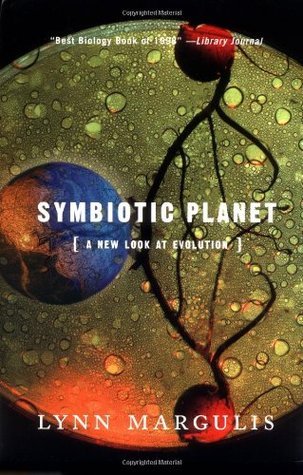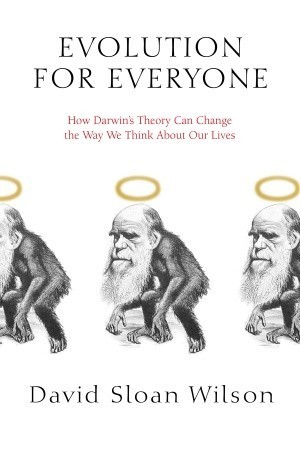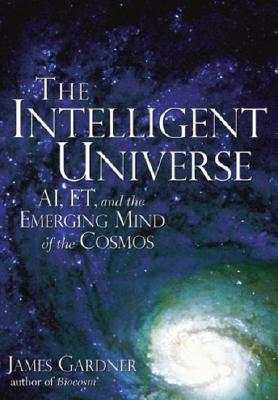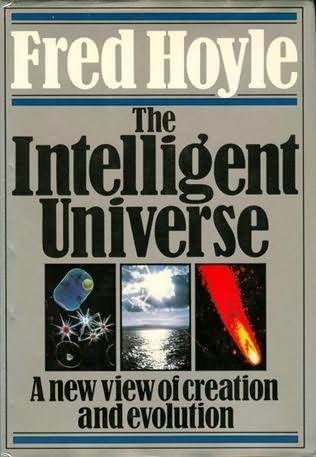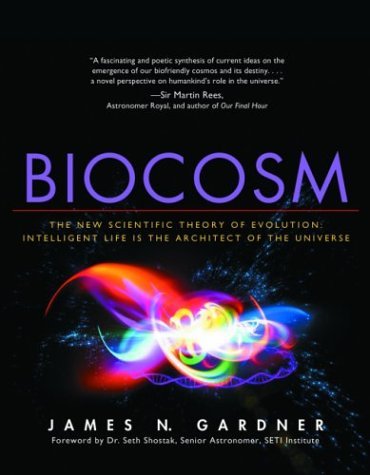
Biocosm: The New Scientific Theory of Evolution: Intelligent Life Is the Architect of the Universe
Book Description
What if intelligent life is not just a product of evolution, but its very architect? In "Biocosm," James N. Gardner unveils a revolutionary theory that challenges everything we know about our universe and evolution itself. This gripping exploration weaves together cutting-edge science and philosophical inquiry, arguing that consciousness shapes reality while intertwining the fate of all life forms. Dive deep into the cosmos where each twist and turn reveals a grander design behind existence. Could we be the creators of our own destiny, crafting the future of the universe? What secrets lie in the blueprint of life itself?
Quick Book Summary
"Biocosm" by James N. Gardner proposes a groundbreaking perspective on the universe: intelligent life is not merely a byproduct of cosmic evolution, but a central force shaping reality itself. Gardner blends scientific theories from cosmology, biology, and evolutionary theory with deep philosophical inquiry, suggesting that consciousness and intelligence may be essential for the universe's continuing existence and evolution. Building upon the Anthropic Principle, he introduces the concept that life and intelligence are woven into the very structure of the cosmos. According to this theory, intelligent civilizations may eventually play a crucial role in the universe’s development, possibly even influencing the birth of new universes. Gardner’s arguments provoke readers to rethink humanity’s place in the cosmos and ponder the profound responsibilities and destinies that intelligent life might hold.
Summary of Key Ideas
Table of Contents
Life and Consciousness as Central to the Cosmos
Gardner opens by challenging traditional views of evolution and cosmology, suggesting that intelligent life is a fundamental, rather than incidental, result of cosmic evolution. He discusses how standard evolutionary models and random chance seem insufficient to explain the emergence of consciousness across the universe. Drawing from physics and biology, Gardner proposes a more purposeful framework where the evolution of intelligence is anticipated by the universe’s structure. This leads to the Biocosm Hypothesis: life and mind are not accidents but intrinsic to the cosmos's progression.
The Anthropic Principle and Evolutionary Purpose
Building on this, Gardner explores the Anthropic Principle, which asserts that the universe appears fine-tuned for life because observers exist to perceive it. He goes further, suggesting life and intelligence are not passive beneficiaries, but active participants in shaping reality. He examines cosmic parameters—such as the constants of physics—arguing that their precision hints at a deeper teleology. Through evolution, the universe gives rise to intelligence, and intelligence, in turn, becomes an agent influencing cosmic trajectories.
Intelligent Life Steering Cosmic Destiny
Gardner delves into the implications of this theory for both science and philosophy. He considers the responsibilities and potential of advanced civilizations who might use technology to manipulate cosmic events or even seed new universes. Gardner speculates on how quantum mechanics, information theory, and biology intersect in the emergence of consciousness, raising profound questions about the nature of reality and mind. The Biocosm Theory implies a participatory universe where consciousness is a co-creator of destiny.
Philosophical and Scientific Implications of Biocosm Theory
The practical aspect of Gardner’s theory is the idea that intelligent life may intentionally ensure the universe’s survival and reproductive potential. He posits that descendants of advanced civilizations could develop the capacity to craft new universes, embedding life-friendly properties into them. This cosmic self-reproduction positions intelligence not just as a consequence of evolution, but as an evolutionary driver, shaping not just Earth’s future but the fate of the cosmos itself.
Future Possibilities: Cosmic Self-Reproduction
In conclusion, "Biocosm" cultivates a vision where cosmic evolution is purposeful, with intelligent life as a central architect rather than an accidental outcome. Gardner’s synthesis of science and philosophy encourages readers to reflect on humanity's cosmic potential and the ethical dimensions of technological advancement. The book leaves readers with profound questions about our role in the universe and the possibility that life is an integral, creative force destined to guide the future of existence itself.
Download This Summary
Get a free PDF of this summary instantly — no email required.


